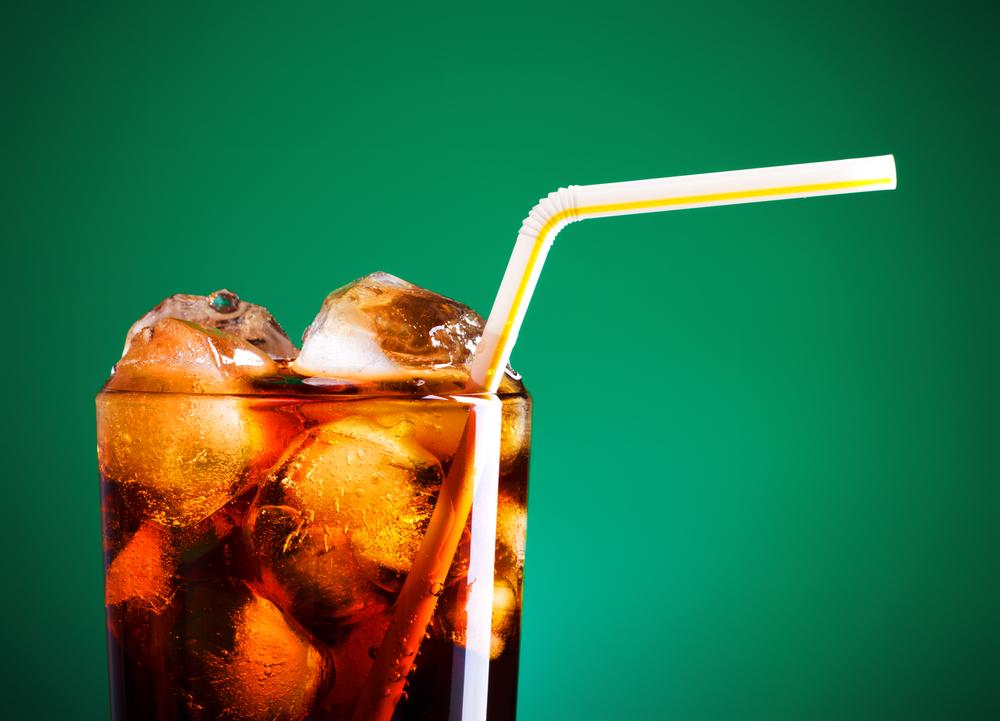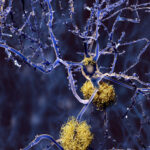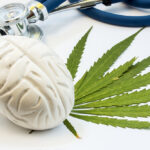The frequent consumption of soft drinks could be a contributing factor for aggressive behavior in children over time, a recent study finds. The findings, released by the University of Alabama, appeared in the Journal of Adolescent Health.
To predict the risk of aggression or other behavioral problems over time, researchers initiated assessments on more than 5,000 children and their caregivers. Both the caregivers and the children were assessed when the young participants were at age 11, 13, and 16.
Aside from aggressive behavior, the children were also tasked with self-reporting depressive symptoms after frequent consumption of soft drinks.
“At each time point, youth reported on their frequency of consuming soft drinks, aggressive behavior, and depressive symptoms,” the co-authors detailed in the journal.
“An autoregressive cross-lagged path model tested reciprocal relationships between soft drink consumption, aggressive behavior, and depressive symptoms over time.”
From their findings, researchers determined that an increase of frequent soda-based consumption resulted in more aggressive behavior and potential depressive symptoms between the ages of 11 and 13.
Due to the results indicating no strong correlation between frequent consumption of soft drinks and depressive symptoms in children, researchers note that soft drinks likely do not contribute to the onset of depression.
“There is no evidence for soft drink consumption contributing to adolescents’ depression,” the findings concluded. “Future research should examine longitudinal effects over shorter intervals.”


